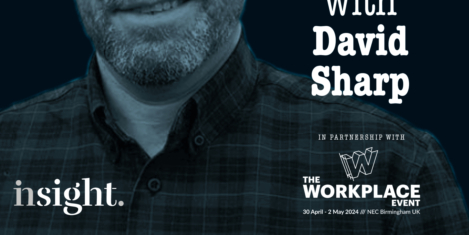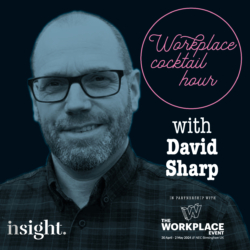January 23, 2018
Global economy faces an immediate reskilling problem in the face of automation, claims Davos report
 The global economy faces a reskilling crisis with 1.4 million jobs in the US alone vulnerable to disruption from technology and other factors by 2026, according to a new report, Towards a Reskilling Revolution: A Future of Jobs for All, published by the World Economic Forum. The report is an analysis of nearly 1,000 job types across the US economy, encompassing 96 percent of employment in the country. Its aim is to assess the scale of the reskilling task required to protect workforces from an expected wave of automation brought on by the ‘Fourth Industrial Revolution’. Drawing on this data for the US economy, the report finds that 57 percent of jobs expected to be disrupted belong to women. If called on today to move to another job with skills that match their own, 16 percent of workers would have no opportunities to transition and another 25 percent would have only between one and three matches.
The global economy faces a reskilling crisis with 1.4 million jobs in the US alone vulnerable to disruption from technology and other factors by 2026, according to a new report, Towards a Reskilling Revolution: A Future of Jobs for All, published by the World Economic Forum. The report is an analysis of nearly 1,000 job types across the US economy, encompassing 96 percent of employment in the country. Its aim is to assess the scale of the reskilling task required to protect workforces from an expected wave of automation brought on by the ‘Fourth Industrial Revolution’. Drawing on this data for the US economy, the report finds that 57 percent of jobs expected to be disrupted belong to women. If called on today to move to another job with skills that match their own, 16 percent of workers would have no opportunities to transition and another 25 percent would have only between one and three matches.








































March 30, 2017
Social technology has the power to make the workplace more humane
by Amanda Sterling • Comment, Technology, Workplace
More →